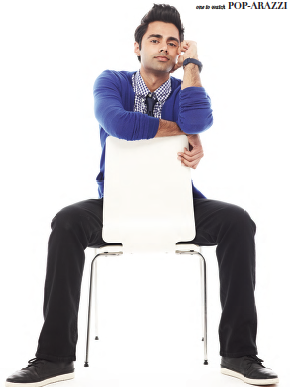For his series “Return to Sender”, photographer Tommy Kha has put together photos where he kisses strangers, lovers and friends. The best part? He looks awkwardly stoic in every picture.
It’s easy to react to this photo series with laughter. This is clearly just a ploy to practice his kissing skills, right? As it turns out, there’s a much deeper meaning behind these pictures. Although he admits that humor plays a large part in these photos, he also informs us that these photos are a commentary on the perception of Asians in the media.
Rather than playing the supporting role often given to Asian characters, Kha has decided to take the steering wheel and be his own protagonist. And his bored expression? Not only does he put a humorous and unique twist to the photos, he is also able to very clearly show his dissatisfaction with the representation of Asians in the media.
Throughout the series, Kha takes on the roles of actor and director. As the character, Kha is playing off the stereotype of Asians seen in mainstream media, though it isn’t the defining idea behind the series.
“My work has to do with our roles that, in varied ways, are defined by cultural indifference along with the experience of being ‘othered’,” he wrote via email. “Much of these notions are informed by the little representation I see in the media, and part of these notions exist stereotypically. Almost always, Asians are regulated to a supporting role, shown incapable or not on the same playing field as the protagonist.”
Kha said is he playing up that stereotype by appearing almost disinterested in the kiss, but his motivation for the work is really more about his own views of intimacy. “I think [the motivation] was wanting to belong, of wanting ‘to be seen,’ to be an object of desire (as the receiver of the kiss) but at the same time, to appear reserved and contradictory by denying the kiss.”
A main influence for “Return to Sender” is Lilly McElroy‘s “I Throw Myself at Men,” which Kha said made him rethink the idea of self-portraiture. “To do self-portraitures, the artist is automatically the protagonist. I don’t find myself completely interesting, but things like family, race, sexuality, societal ideals, etc., are part of forming one’s identity, which changes over time and [is] not bound to formulaic boundaries. Much of what I like to explore is questioning my role as the protagonist, usually through being a supporting character, in the background, or behind the camera,” Kha said.
Scroll down for more seriously awkward photos, and read the full story here.

















